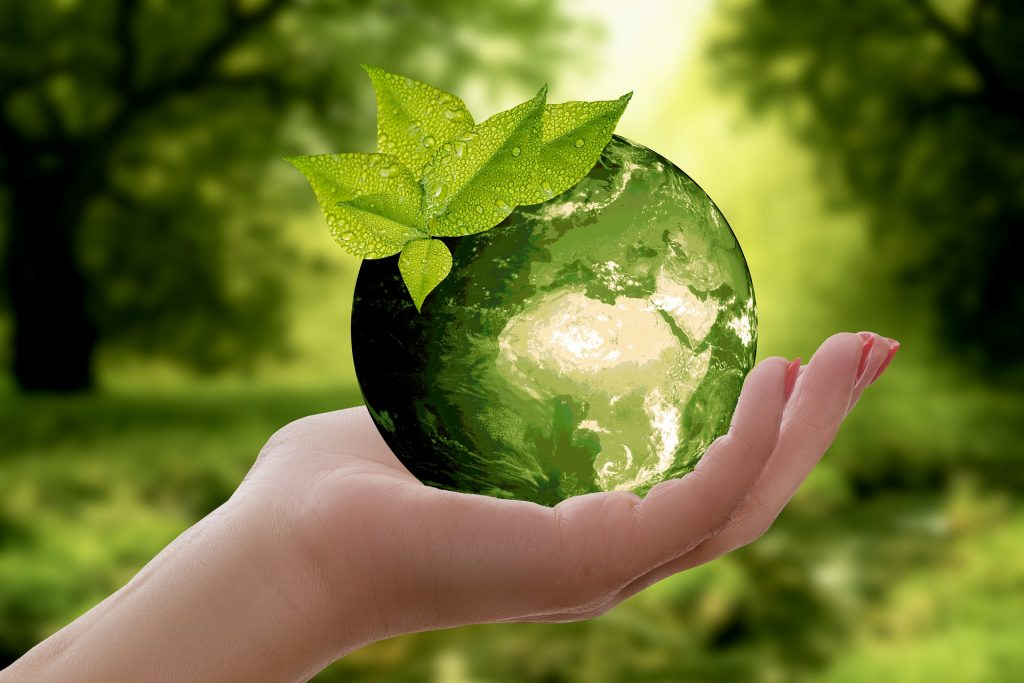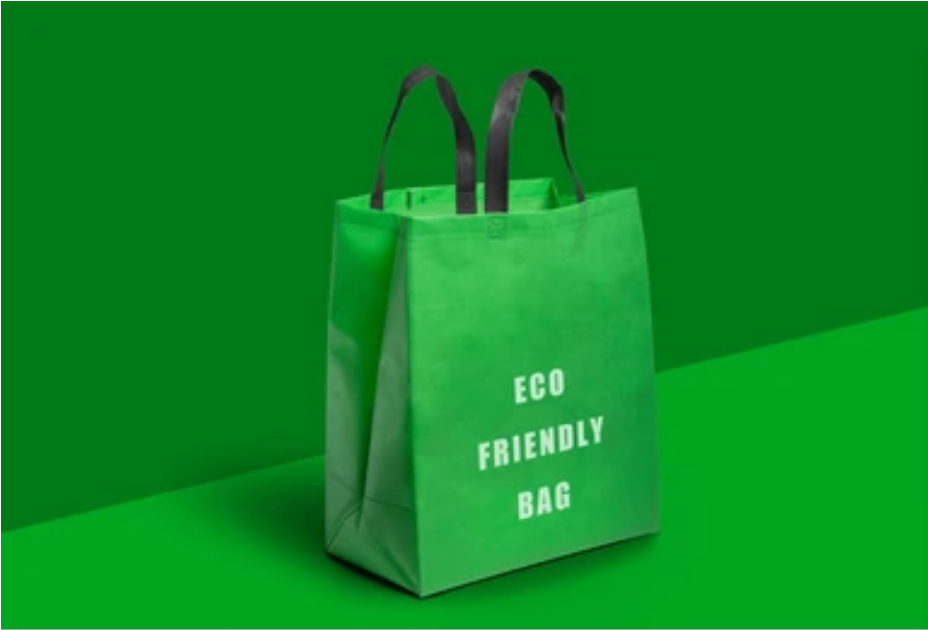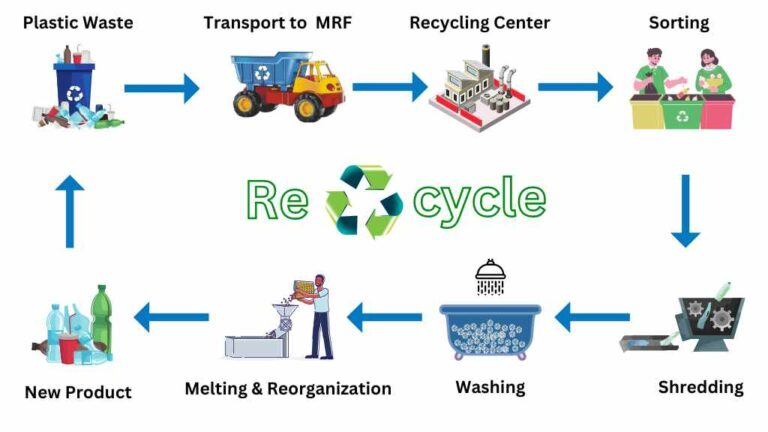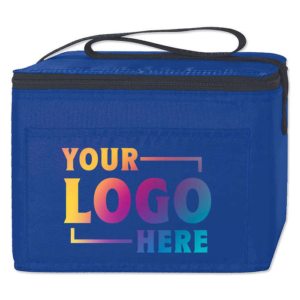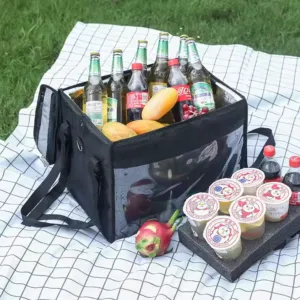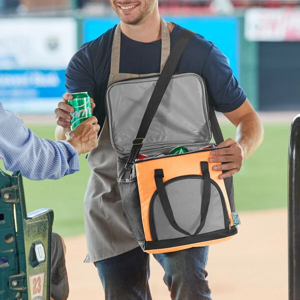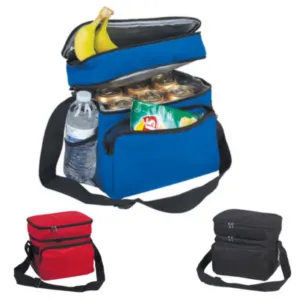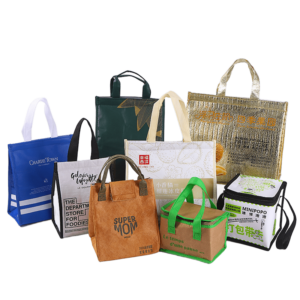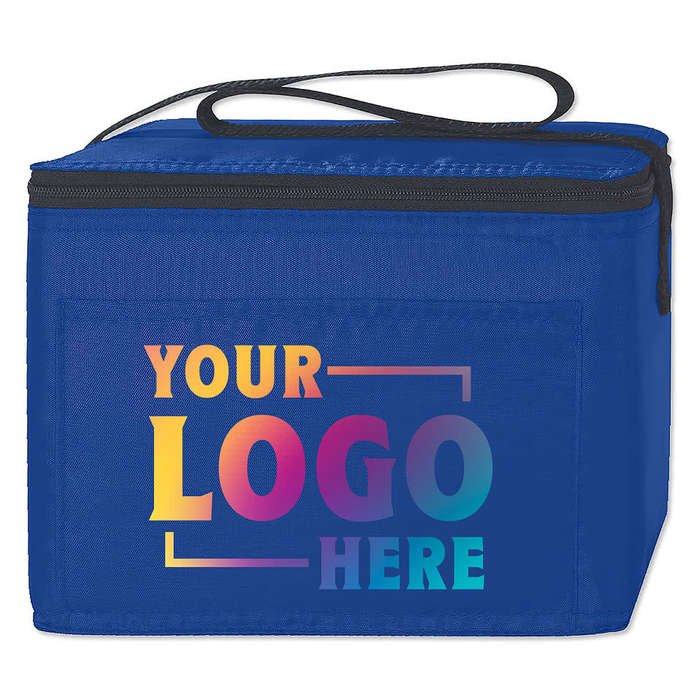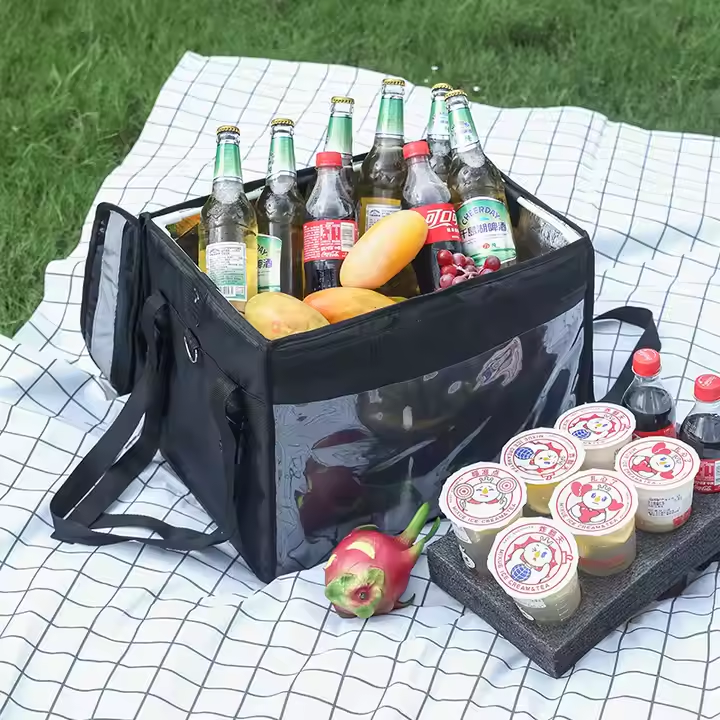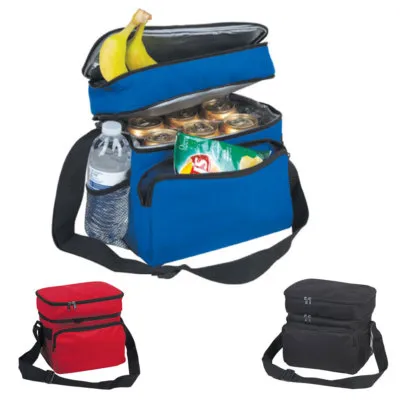PP woven bags are popular for their strength and versatility. But are they really eco-friendly and recyclable? Let’s break down their environmental impact.
PP woven bags are recyclable but not biodegradable. While they offer eco-friendly benefits through reusability, their disposal can be an environmental concern if not managed correctly.
In this article, we’ll explore the eco-friendly aspects of PP woven bags, their recyclability, and how to ensure they are disposed of responsibly.
Are PP Woven Bags Eco-Friendly?
PP woven bags are known for being a more sustainable packaging option compared to other plastic alternatives, but what does eco-friendly really mean when it comes to PP bags?
PP woven bags are made from polypropylene, a material that can be recycled. However, they are not biodegradable and may contribute to environmental pollution if not properly disposed of.
Dive Deeper into the Eco-Friendliness of PP Woven Bags
Polypropylene (PP) is considered a more environmentally friendly plastic compared to other types, such as polyethylene. PP bags are durable, reusable, and have a long lifespan, which means they are less likely to end up as waste compared to single-use plastic bags. This reusability reduces the need for new bags and packaging, conserving resources over time.
However, PP woven bags are not biodegradable. While they can be recycled, if not properly disposed of, they can contribute to plastic waste. For this reason, the sustainability of PP bags largely depends on how they are managed after use. If recycled properly, PP bags can be repurposed into new products, reducing their overall environmental footprint.
Key Benefits of PP Woven Bags
| Environmental Factor | Impact |
|---|---|
| Reusability | Reduces the need for single-use bags |
| Durability | Longer lifespan means fewer replacements |
| Recycling Potential | Can be recycled into new products |
| Biodegradability | Not biodegradable, leading to long-term waste |
Despite not being biodegradable, the recyclability and longevity of PP woven bags make them a more sustainable option when compared to many alternatives.
PP woven bags,1 polypropylene2, environmental impact of plastics3
Are PP Bags Recyclable?
Yes, PP bags are recyclable. However, their recyclability depends on local recycling programs and how the bags are managed after use.
Polypropylene bags can be recycled into new products, but it’s crucial to follow proper recycling processes to ensure they don’t end up as waste in landfills.
Dive Deeper into the Recycling Process of PP Bags
Polypropylene is one of the most widely recycled plastics. After use, PP woven bags can be sent to a recycling facility where they are processed into new products. Commonly, recycled PP is used to create containers, automotive parts, or new bags. This reduces the need for raw material production and helps conserve resources.
However, not all recycling facilities accept PP bags due to their size and shape. It’s important to check with local recycling centers to see if they accept PP bags. In some cases, retailers and manufacturers offer take-back programs to help ensure proper disposal and recycling of PP bags.
Recycling Process for PP Bags
| Step | Description |
|---|---|
| Collection | Gather PP bags for recycling (check local guidelines) |
| Sorting | Separate PP bags from other materials |
| Shredding | Shred PP bags into smaller pieces |
| Reprocessing | Recycled PP is processed into new products |
To maximize the environmental benefits of PP woven bags, ensure they are properly recycled after use.
Is Polypropylene (PP) Eco-Friendly?
Polypropylene is a versatile plastic material with a lower environmental impact compared to other plastics. But does this make it truly eco-friendly?
Polypropylene is considered a relatively eco-friendly plastic, but its environmental benefits depend on proper disposal and recycling practices.
Dive Deeper into the Environmental Impact of Polypropylene
Polypropylene is often praised for its durability and low environmental impact during production. Unlike other plastics, it requires less energy to produce and has a lower carbon footprint. It is also lightweight, reducing transportation emissions. PP bags can be reused multiple times, which further conserves resources.
However, while PP is recyclable, it is not biodegradable. If improperly disposed of, PP bags can contribute to environmental pollution. The production process, although less resource-intensive than other plastics, still relies on fossil fuels, and some emissions are involved in its manufacture.
Polypropylene and the Environment
| Factor | Impact |
|---|---|
| Production Energy | Requires less energy compared to other plastics |
| Carbon Footprint | Lower carbon footprint during manufacturing |
| Recyclability | Can be recycled, reducing the need for virgin material |
| Biodegradability | Not biodegradable, posing a risk to the environment |
Although PP is less harmful than many other plastics, its full environmental benefit depends on recycling and responsible disposal practices.
How to Recycle Woven Polypropylene Bags?
Recycling woven polypropylene bags requires careful attention, as these bags are often used for bulk goods and may be discarded improperly.
Recycling woven polypropylene bags involves separating them from other materials, shredding them, and reprocessing them into new products. Here’s how you can ensure proper recycling.
Dive Deeper into the Recycling Process for Woven PP Bags
To recycle woven polypropylene bags, it’s important to follow these steps:
- Collection: First, gather used PP woven bags and ensure they are free from contaminants like dirt, food residues, or chemicals.
- Sorting: Separate the PP woven bags from other materials such as mixed plastics or non-recyclable items.
- Shredding: The bags are shredded into small pieces for easier processing. This step is crucial to ensure the material can be effectively reprocessed.
- Reprocessing: Shredded PP is then melted down and reformed into new products. This could include new bags, containers, or even construction materials like insulation.
If you are unsure whether your local recycling center accepts PP woven bags, many manufacturers and retailers offer collection points or special recycling programs.
Recycling Process for Woven Polypropylene Bags
| Step | Action |
|---|---|
| Collection | Collect used PP bags and prepare for recycling |
| Sorting | Remove contaminants and other non-recyclable materials |
| Shredding | Shred bags into smaller pieces |
| Reprocessing | Recycled PP is transformed into new products |
Properly recycling woven polypropylene bags helps minimize waste and conserve resources, promoting a more sustainable packaging solution.
recycling woven polypropylene bags4,recycling collection points5
Conclusion
In conclusion, PP woven bags are a powerful packaging solution that offers unmatched strength, durability, and versatility. Whether you need to transport heavy loads, store bulk goods, or customize your packaging with a branded design, PP woven bags are a cost-effective and reliable choice.
From my perspective, I’ve seen firsthand how these bags can transform industries, from agriculture to construction to retail. At our company, we specialize in providing high-quality PP woven bags tailored to meet the unique needs of our clients. We are committed to offering durable and customizable packaging options that ensure the safety and integrity of your products, while also promoting eco-friendly practices.
If you’re looking for reliable, cost-effective packaging solutions for your business, please don’t hesitate to contact us. We’re here to help you find the perfect packaging solution that fits your needs. Visit our website at https://zjjrpackaging.com/ to learn more and get in touch with us today!
-
Discover why PP woven bags are considered a more eco-friendly option than other plastic bags. ↩
-
Learn about polypropylene and its role in reducing environmental harm compared to other plastics. ↩
-
Understand the environmental concerns associated with plastic bags and explore solutions for minimizing their impact. ↩
-
Learn the step-by-step process of recycling woven polypropylene bags and the best practices to improve recycling efficiency. ↩
-
Explore recycling collection points for polypropylene bags and learn about programs that help ensure proper disposal. ↩

